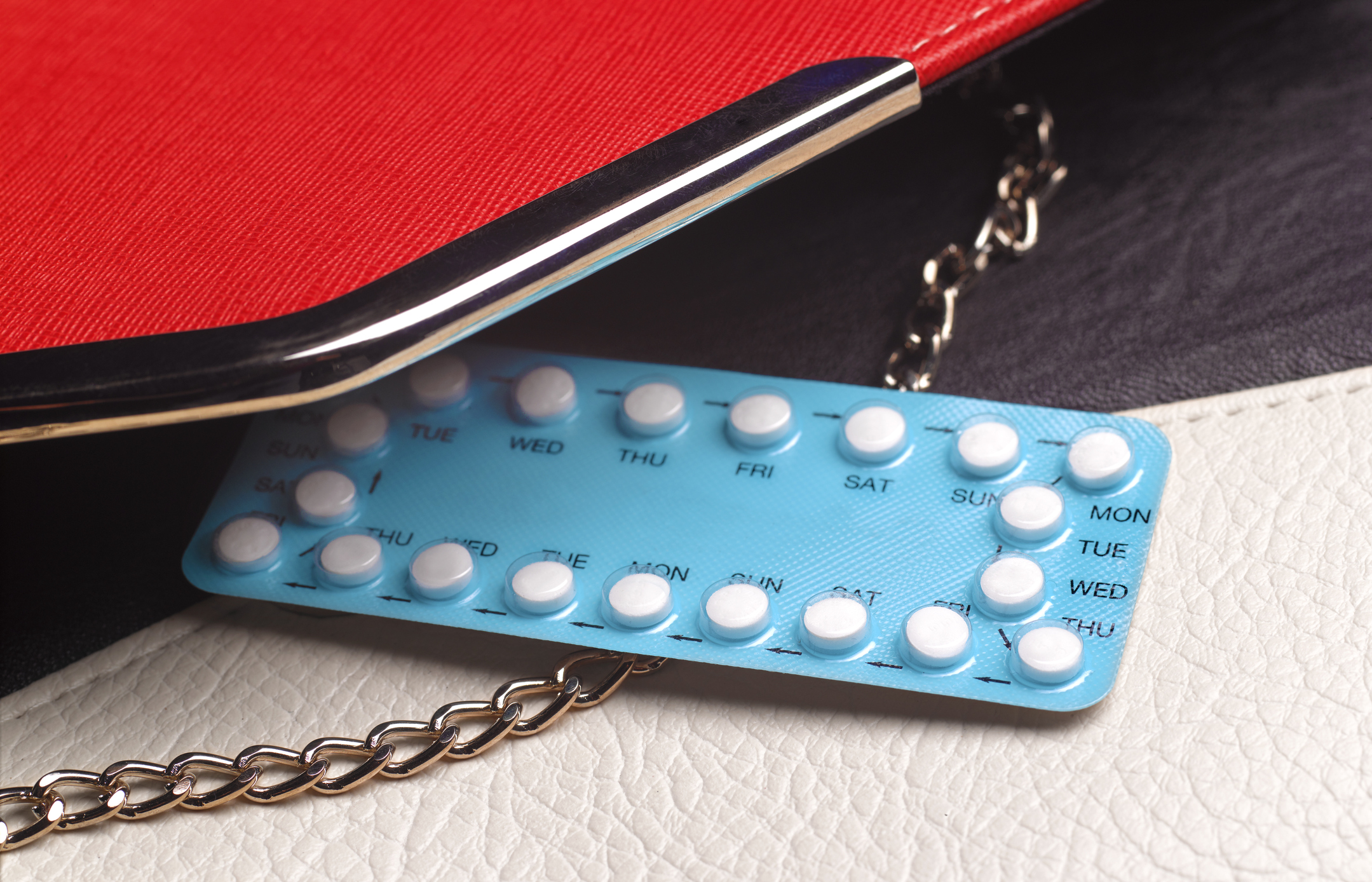If you’re interested in sharing your opinion on any cultural, political or personal topic, create an account here and check out our how-to post to learn more.
Opinions are the writer’s own and not those of Blavity's.
____
As a young Black woman and a long-time advocate for reproductive justice, I came to my advocacy for over-the-counter birth control with a full understanding of the troubled history of the contraceptive access movement in the United States.
We know that the most famous early advocate for birth control, Margaret Sanger, advocated for birth control partially to reduce the Black population. We know that there is an extensive history of medical professionals inflicting harm and abuse on Black patients. We know that many early feminists didn’t regard Black women as worthy of liberation and didn’t include them in women’s rights efforts. This knowledge doesn’t make me back away from contraceptive access. Instead, it fuels my determination to ensure that all people have the ability to get contraception when needed — by making sure birth control pills are available over the counter.
We have decades of research that has found birth control to be safe, effective and something folks can take on their own, without the oversight of a healthcare provider. Over 100 countries in the world have a version of over-the-counter birth control. So why don’t we have it here in the U.S.?
The answer is obvious: When it comes to reproductive and sexual health and rights, our country is intent on denying people’s control of their bodies — especially Black women.
As a young Black woman, my autonomy is constantly under attack — through a police force that puts us in danger just living our lives, through income inequity that means I make 62 cents for every dollar a white man makes, and through the acts of racism I and people like me endure daily. Black women also face “medical apartheid” both historical and current. From experiments on Black women by gynecologists to the higher rates of maternal mortality Black women face now, these are realities that erode trust between Black people and medical professionals. Young people experience even more barriers to getting to a doctor, including transportation, office hours and concerns about their confidentiality.
This is why it is so important for us to remove barriers and give access to an affordable, effective and insured pill in our country. It should be clear that there is a direct line from white supremacy to the things our country does not make possible for us, including accessible birth control. Over-the-counter contraception is a reproductive justice issue; it’s the right to maintain personal autonomy, decide when to have children and parent safely. We need to examine all of the systems in our country that stand in opposition to Black women’s liberation.
Our community knows what inequity, injustice and ostracization feel like. We know that it means placing barriers where there shouldn’t be any — whether it’s when we’re trying to vote or trying to control the size of our families. Having just finished a month-long celebration of women, we must remember the past and the current struggle to ensure Black women have safe, equitable access to birth control.
